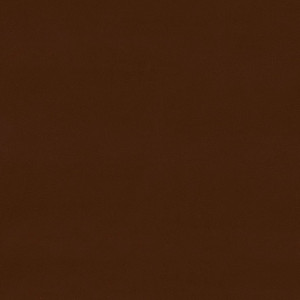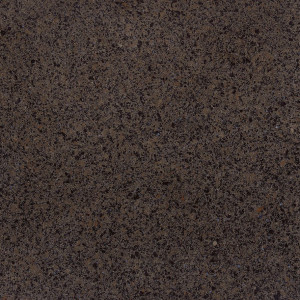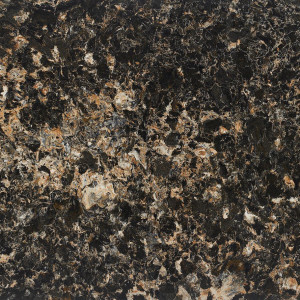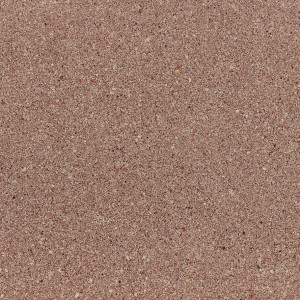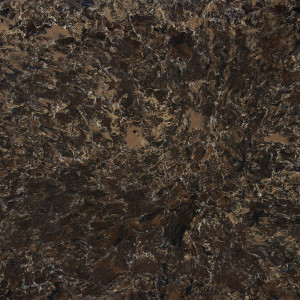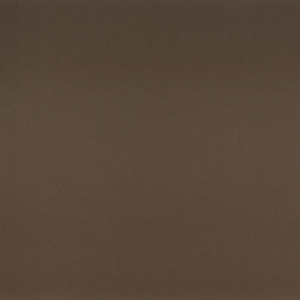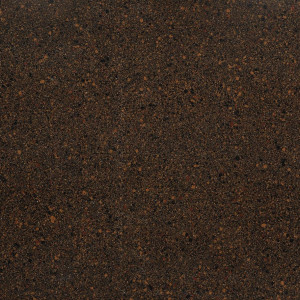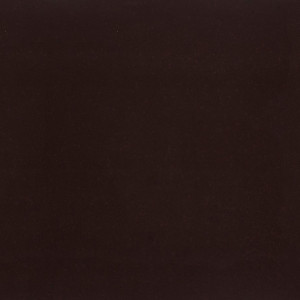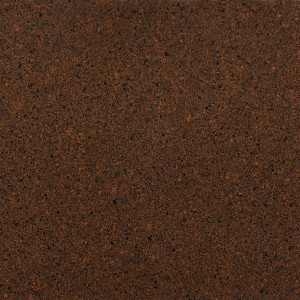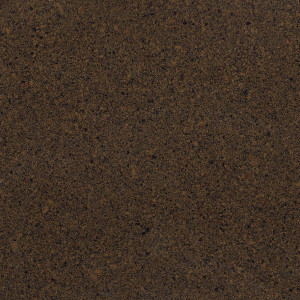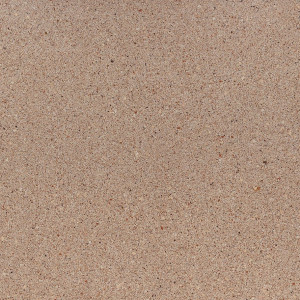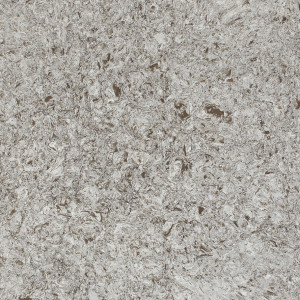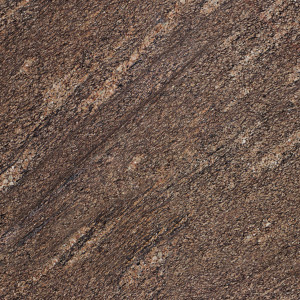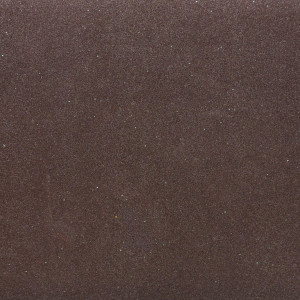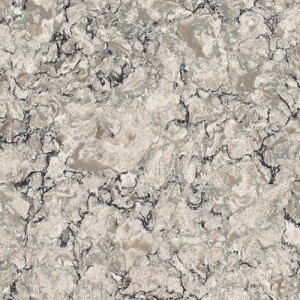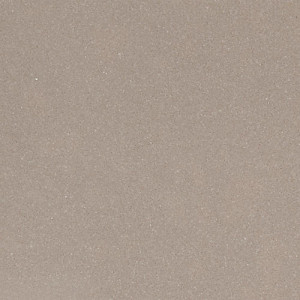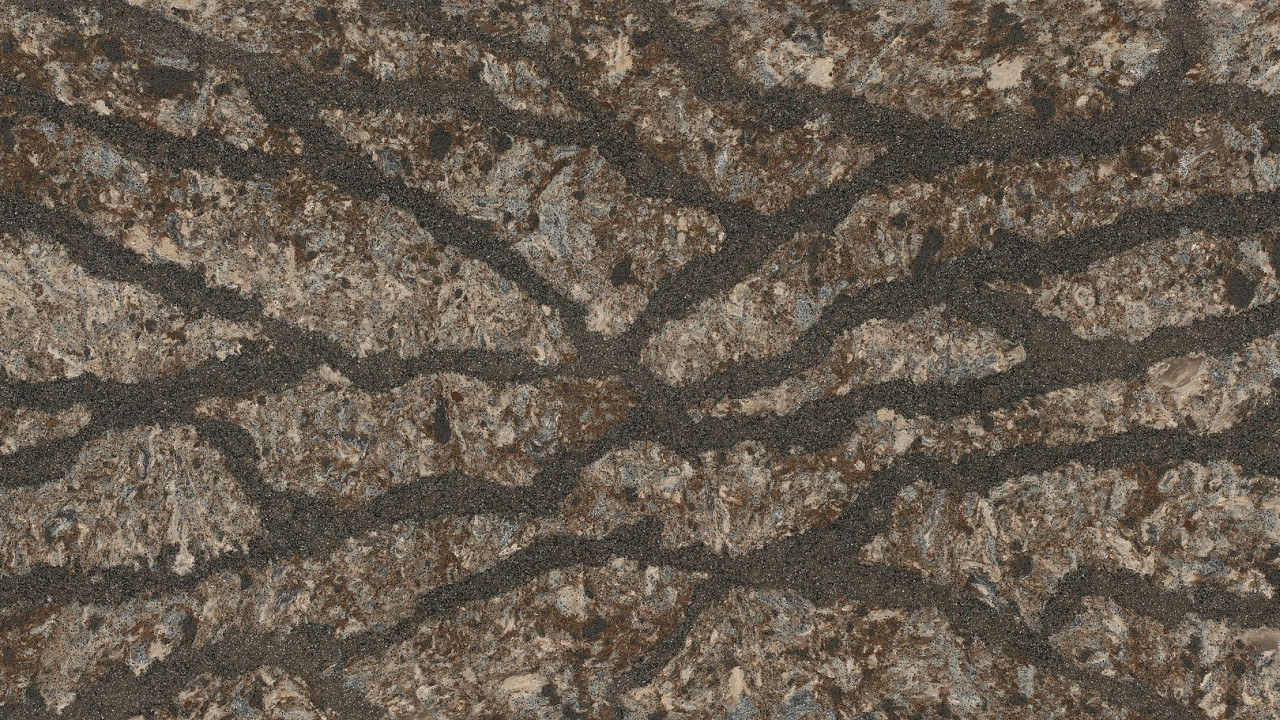
Harlech Quartz
The Harlech surface uses murky tropical colors to create a design that resembles regal undertones and palettes. Harlech is a depiction of hectic colors that somehow work together collectively. The name of this quartz surface refers to the Harlech Castle that overlooks the town of Snowdonia in Northern Wales.
Like river banks, the gravel gray veining throughout the quartz surface flows across the beige and brown crystalline patterns. The broad strokes of burnt gray have little flecks of white that sparkle all around Harlech, creating a stunning display of vibrant neutral tones. An immaculate stone that uses a dichotomy of two different pigments. Although these pigments are essentially amalgamations of different transitioning colors, the stone is beautiful due to this collocation in the Harlech. The aesthetic that is best-befitting of the Harlech is the Mid-Century Modern interior and is interpretive of expressionist appearances. Harlech can be used for many different purposes and aspects that would, as a result, prevent any physical damages or flaws. Using the Harlech will display certain areas of the surface to shimmer, while cohesively balancing the portions of the stone. The cloudiness that comes from the landscape appearance of the Harlech will ensure a pristine quality that will portray a streaming appeal.
Material Type: Quartz
Country of origin: Other
Colors: Grey, Brown
- 1. Do quartz countertops need to be sealed?
- Quartz is a non-porous material and therefore it does not need to be sealed.
- 2. Is quartz heat resistant?
- While quartz countertops can withstand some heat, it is always recommended to use trivets when placing hot objects on quartz countertops.
- 3. Can I cut on a quartz countertop?
- Quartz is scratch resistant, however it is always recommended to use a cutting board when cutting on the countertops.
- 4. Is quartz stain resistant?
- Yes, unlike natural stone, quartz is resistant to most common types of stains.
- 5. Where can I install quartz?
- Quartz can be installed on most surfaces around the home, including kitchen countertops, backsplashes, vanity tops and more.
- 1. Do you provide free samples? How many samples can I take?
- At marble.com samples are free, and we encourage our clients to take up to ten samples per visit.
- 2. What materials can I find at your facilities?
- All Marble.com facilities carry slabs of granite, quartz, quartzite, marble, soapstone, slate, limestone, and travertine. Our Ridgefield Park yard has the largest selection, also offering slabs of gemstone, porcelain, and glass.
- 3. Why should I see a slab in person?
- Since every slab of natural stone is completely unique, we recommend visiting one of our facilities to see slab patterns and variations in person.
- 4. Where does your material come from?
- At marble.com we source our stone only from the most reputable quarries from around the globe, including those from Italy, Spain, Brazil, and India.
- 5. Why is some stone more expensive than others?
- Stone slabs that are extremely rare and boast unique colors tend to be more expensive than commonly found stone.
- 6. Do I have to seal natural stone?
- We do recommend sealing natural stone countertops periodically, the frequency of sealing the stone depends on the material.
- 7. What is a honed finish?
- A honed stone finish refers to the smooth, matte surface of the material, which creates a visibly lighter and softer tone. While honed finish might be an ideal design choice for some homeowners, it also makes the stone more susceptible to staining and etching.
- 8. Can a chip on my countertop be repaired?
- Most chips, smaller than a dime in diameter, can be repaired by the homeowner using a chip repair kit. We do recommend professional service care for larger chips.
- 9. Can I install my own countertops?
- We recommend professional installation, completed by our trained technicians for all major projects, however some smaller pieces may be installed by the customers.




 Facebook
Facebook
 Twitter
Twitter
 E-mail
E-mail
 LinkedIn
LinkedIn
 Pinterest
Pinterest
